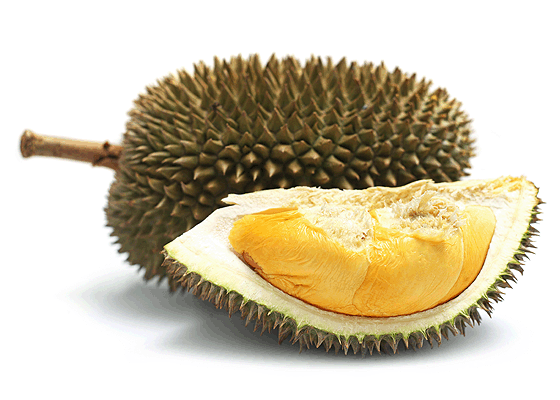
Reference
Nutrtion Helath Articles (n.d.) Durian Nutrition Facts, Calories and Health Benefits. Retrieved from http://www.nutrition-health-articles.org/durian-nutrition.php

Nutrtion Helath Articles (n.d.) Durian Nutrition Facts, Calories and Health Benefits. Retrieved from http://www.nutrition-health-articles.org/durian-nutrition.php